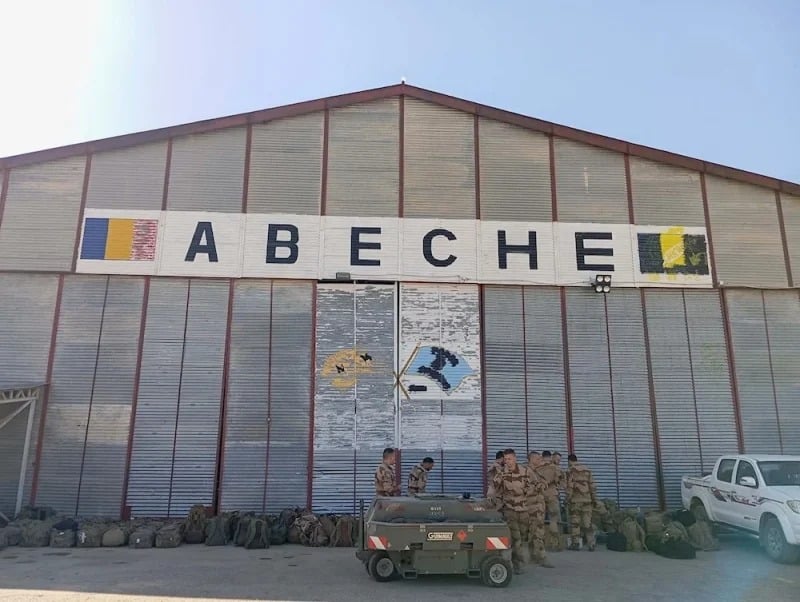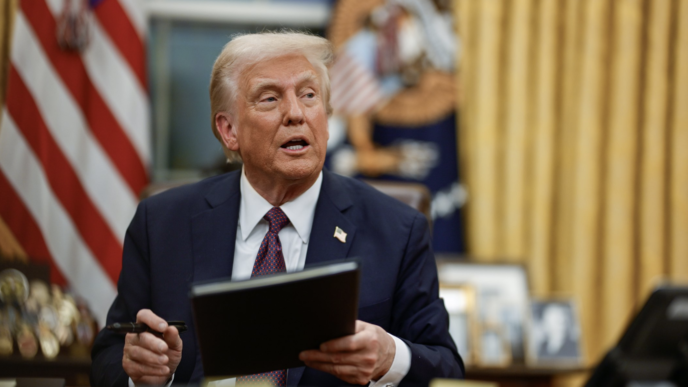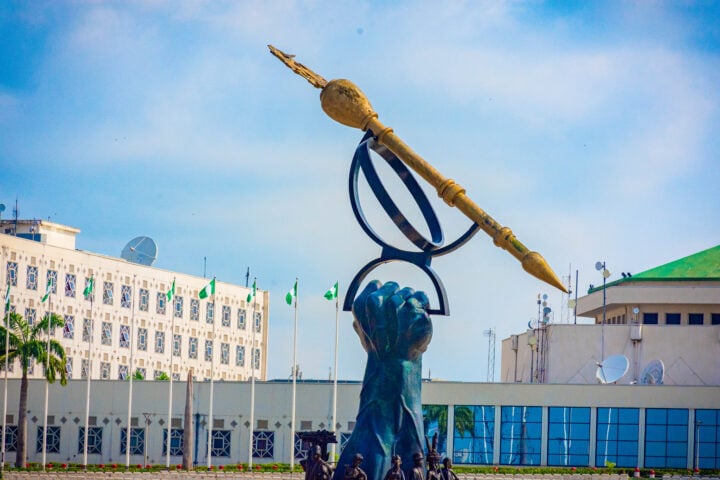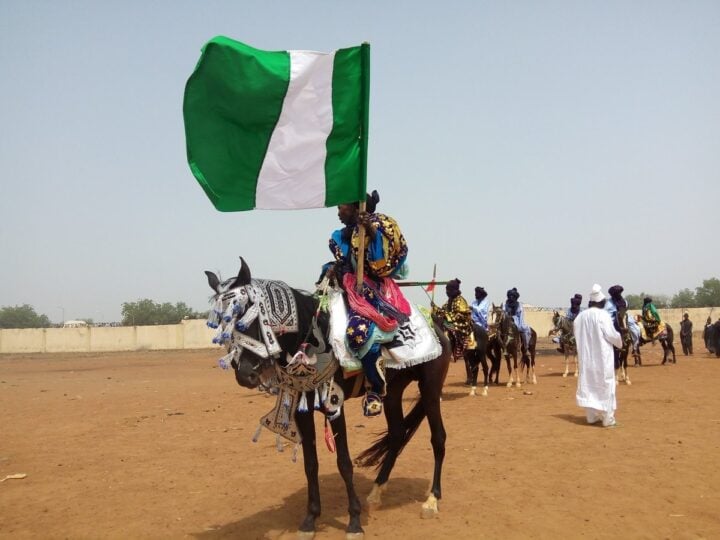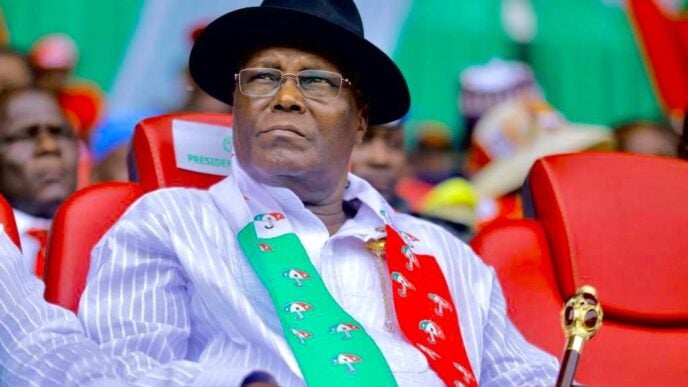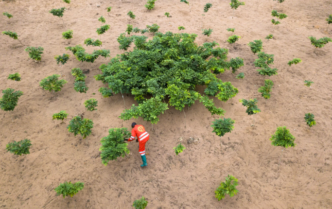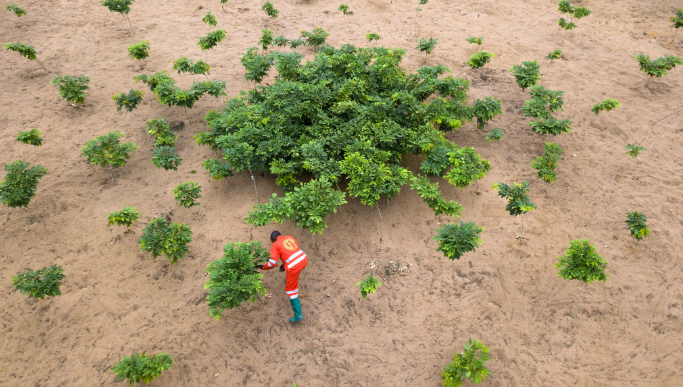BY ZAGAZOLA MAKAMA
In a significant realignment of military partnerships within the Sahel region, Turkey has assumed control over key military installations in Chad, following the withdrawal of French forces. This development underscores Ankara’s expanding influence in Africa and reflects the evolving geopolitical dynamics as traditional powers reassess their roles on the continent.
In mid-January 2025, an official agreement was finalized between Turkey and Chad, granting Ankara control over the Abéché military base in eastern Chad. This accord followed extensive negotiations between Turkey’s ambassador in N’Djamena and Chadian officials. The Abéché base had previously been operated by French forces until their departure in December 2024, marking the end of decades-long military cooperation between France and its former colony.
In addition to Abéché, Turkey has deployed drones near the Faya-Largeau base, located close to Chad’s northern border with Libya. Turkish military advisors have also been stationed at this strategic location to assist Chadian forces. These moves signify Turkey’s commitment to bolstering Chad’s security infrastructure amid regional instability.
Advertisement
Turkey’s expanded military presence in Chad is emblematic of its broader strategy to enhance its geopolitical footprint in Africa. By stepping into roles vacated by traditional powers, Ankara aims to position itself as a pivotal security and economic partner for African nations. This approach includes mediating regional disputes, such as the recent tensions between Somalia and Ethiopia, and engaging in significant economic investments across the continent.
The deployment of advanced Bayraktar drones and military advisors not only strengthens Chad’s defence capabilities but also serves as a counterbalance to other international influences in the region. Analysts suggest that Turkey’s proactive engagement may contribute to regional stability, particularly in areas bordering conflict zones like Sudan and Libya.
Beyond military cooperation, Turkey has significantly increased its economic ties with African nations. Trade between Turkey and African countries reached $32 billion last year, with Turkish contractors actively participating in infrastructure projects across the continent. Ankara’s investments span various sectors, including energy, construction, and education, reflecting a comprehensive approach to its partnership with Africa.
Advertisement
Diplomatically, Turkey has expanded its presence by nearly quadrupling its embassies in Africa since 2003. This growth facilitates deeper bilateral relations and underscores Turkey’s commitment to long-term engagement on the continent. President Recep Tayyip Erdoğan’s administration continues to pursue policies that resonate with African nations, emphasising mutual respect and cooperation.
As traditional powers like France recalibrate their involvement in Africa, Turkey’s assertive strategy in establishing military and economic partnerships positions it as an emerging influential player on the continent. The recent developments in Chad exemplify this shift, spotlighting Ankara’s readiness to engage proactively in Africa’s evolving geopolitical landscape.
Zagazola Makama is a counter-insurgency expert and security analyst in the Lake Chad Region
Advertisement
Views expressed by contributors are strictly personal and not of TheCable.
Add a comment
